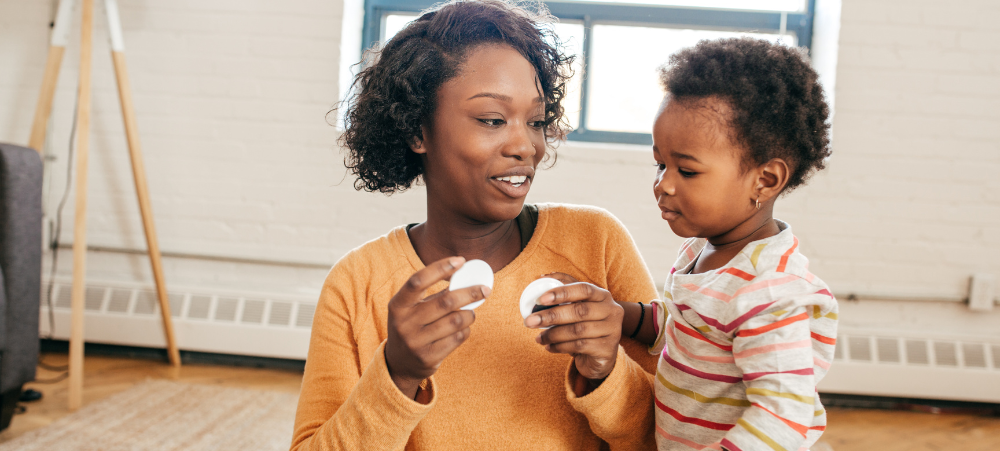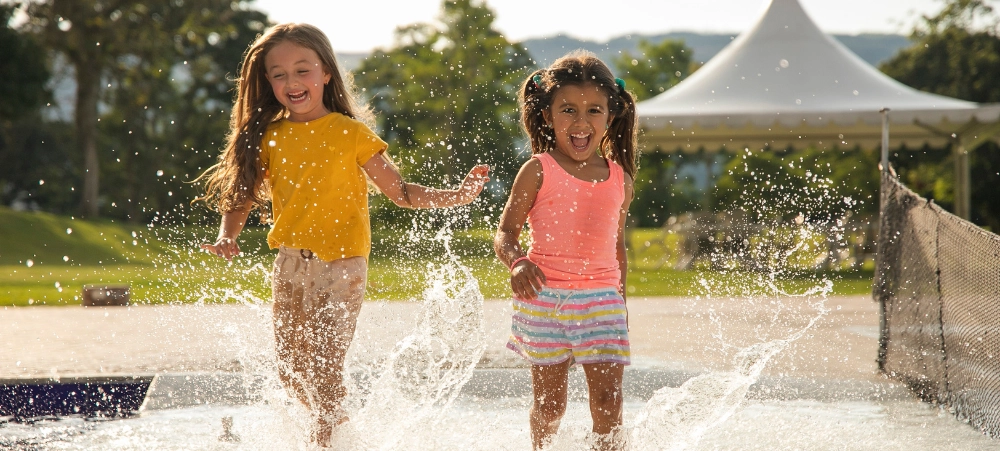Helping young children navigate their emotions, improve focus, and reduce stress can be achieved through simple and engaging techniques—mindfulness. Dibber International Preschools highlights the many benefits of introducing mindfulness practices to children from an early age, as it is a powerful tool for enhancing their overall well-being and promoting emotional balance.
“Mindfulness for young children is about teaching them to be fully present, to notice their thoughts, feelings, and experiences without judgment. It helps them build emotional resilience and mental clarity, which are crucial in their development,” explains Ursula Assis, Country Director of Dibber International Preschools. “By starting mindfulness practices early, we are giving children the tools to manage their emotions in healthy ways.”
Mindfulness is naturally suited to young children, as they often live in the present. Simple practices like mindful breathing exercises, noticing sensations, or reflecting on experiences make mindfulness fun and relatable. For example, parents and educators can ask children questions like, “How did it feel when you bit into that apple?” or “What did you notice while playing outside?” These questions help children become aware of their emotions and surroundings, fostering emotional intelligence and self-awareness.
Key Benefits of Mindfulness for Young Children:
- Emotional Regulation: One of the primary benefits of mindfulness is helping children manage their emotions. “Mindfulness encourages children to notice their feelings without immediately reacting. This helps create a pause between feeling and responding to emotion, which is particularly useful in managing anger or frustration,” says Assis.
- Improved Focus and Concentration: In today’s busy world, children often face distractions that make it difficult to focus. Mindfulness teaches them to quiet their minds and concentrate, improving academic performance and peer relationships.
- Stress Reduction: Mindfulness provides children with relaxation techniques like mindful breathing that they can use in everyday situations. This helps them reduce stress and feel more at ease in challenging circumstances.
- Better Sleep: Mindfulness promotes relaxation, which can significantly improve sleep quality for young children. It helps them unwind and clear their minds before bed, leading to more restful nights.
- Resilience: “Mindfulness builds resilience by teaching children to cope with challenges with a positive mindset,” Assis explains. Through mindful practices, children learn to bounce back from difficult experiences and navigate emotions more effectively.
- Increased Self-Awareness and Empathy: Children develop a stronger self-awareness and empathy for others by practising mindfulness. This improves their relationships and contributes to a more harmonious learning environment.
“Mindfulness is not just about quiet moments. It’s about giving children lifelong tools to manage their emotions, foster resilience, and thrive in their environment. A mindful child today becomes a balanced and thriving individual tomorrow,” concludes Assis.
- What Parents Should Look for in a Preschool: The Power of Play-Based Learning - December 23, 2025
- Are We Over-Scheduling Our Children? - December 16, 2025
- Five Ways to Encourage Independence and Confidence in Children with Special Needs - December 9, 2025





